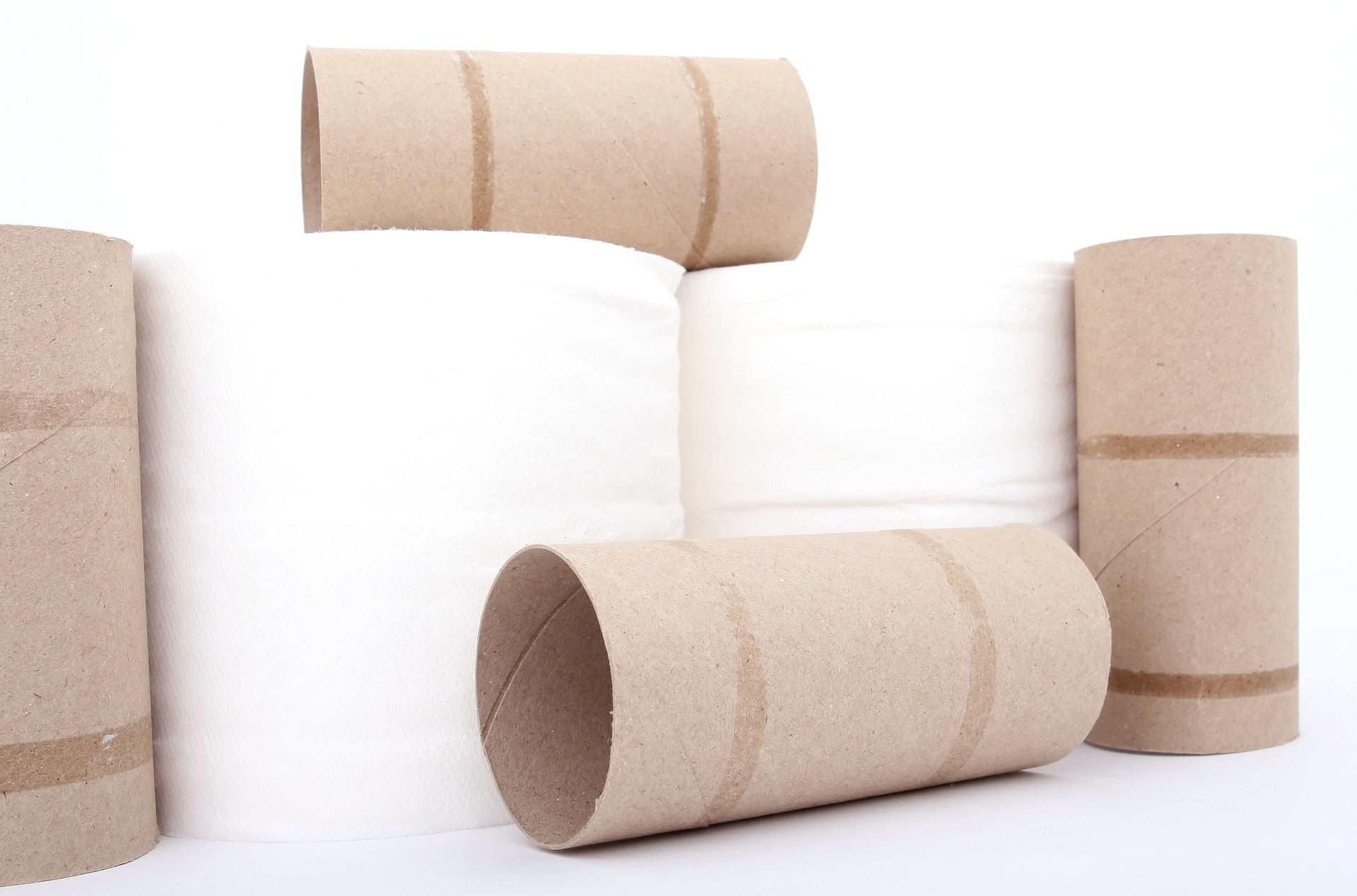We begin today in a Beijing public bathroom with a theft problem.
When toilet paper began disappearing, the authorities assumed it was needy senior citizens. The solution was a facial recognition surveillance system. People using the toilet first had to stand in front of a camera for three seconds. Then, automatically, they got their paper ration.
…When it worked.
Sometimes the wait ballooned to a minute. At other times, no paper popped out of the equipment.
But the key for us is the facial recognition.
Using facial recognition, China has begun to develop a social scoring system that decides who gets what. While a high score might get you a discount plane fare, a low rating could prevent you from boarding a train. According to one Chinese official, it will “allow the trustworthy to roam everywhere under heaven while making it hard for the discredited to take a single step.”
China’s Social Scoring System
Still in their infancy, permutations of the system are being tested.
They could use these inputs:
To decide who gets these goods and services:
Shanghai
Meanwhile, Shanghai is experimenting with a social scoring pilot program that is overseen by the Commission of Economy and Informatization. Voluntarily, people can participate through an app that just needs a national security number for the sign-up. After accessing as many as 3,000 examples, the system gives the individual a rating of very good, good, or bad.
Shenzhen
Just one small piece of a person’s score, jaywalking is being recorded in Shenzhen. In a Wall Street Journal article, one 31 year old woman told of having her jaywalking photographed twice. Seeing a crosswalk screen note her second violation, she said, “I won’t ever run a red light again.” (My goodness, I can’t imagine seeing my face on NYC’s stop and go crossing signs!)
Our Bottom Line: Three Economic Questions
China’s social scoring could be targeting individual behavior and corrupt businesses.
Also though, like any economic system, it provides answers to three basic questions:
- What? We have to ask which goods and services should be produced because the supply of all land, labor and capital is limited.
- How? When making goods and services, we have to select our land, labor and capital.
- To whom? And finally, we have to know how wealth will be distributed. Will it be equal or market-related…or based on social scoring?
My sources and more: Combined, this Guardian story on toilet paper theft andWSJ articles on China’s social scoring, here and here, cover it all. But also you might enjoy a Foreign Policy analysis, an NPR look at Shanghai’s Honesty Week, and some Washington Post insight.






